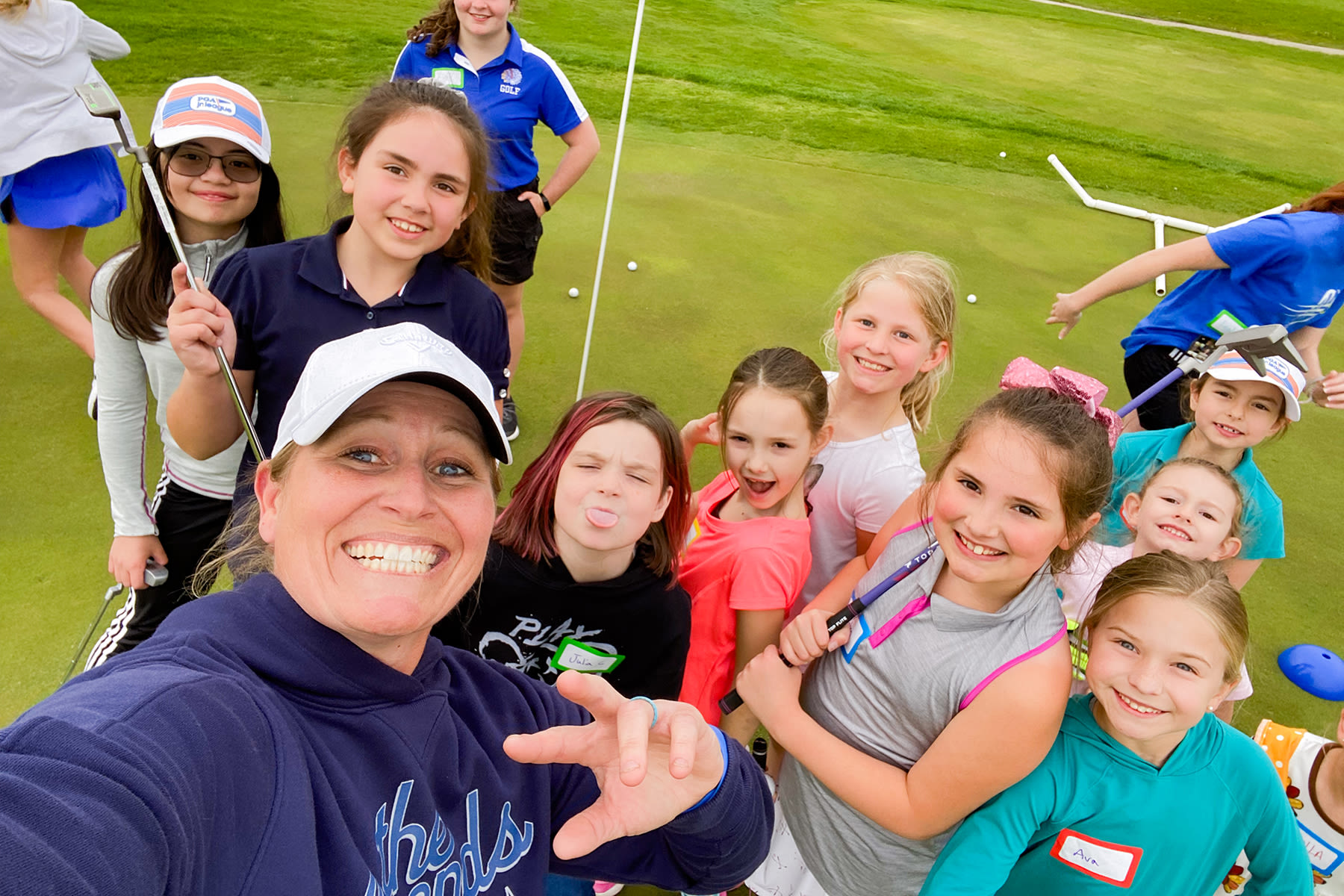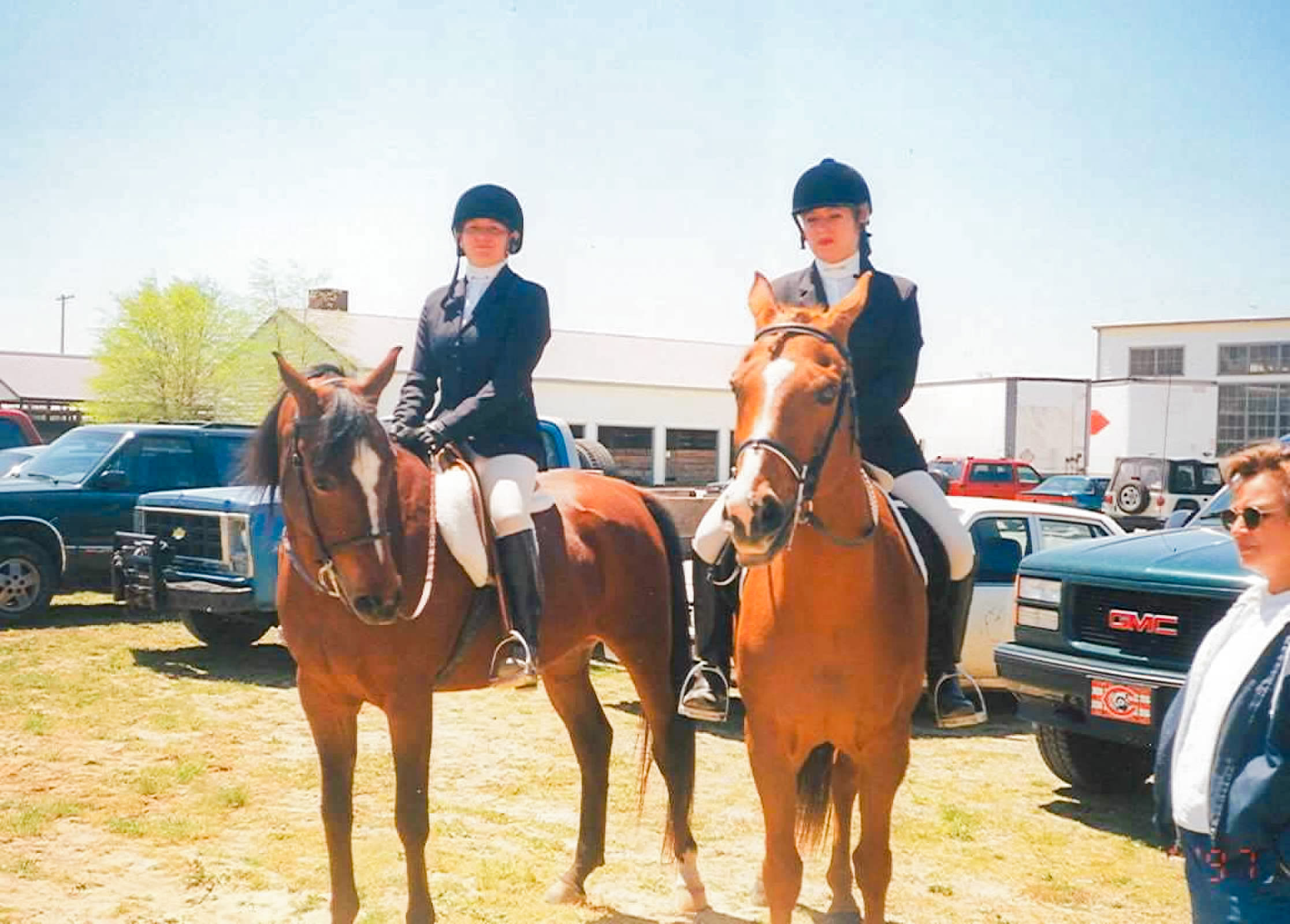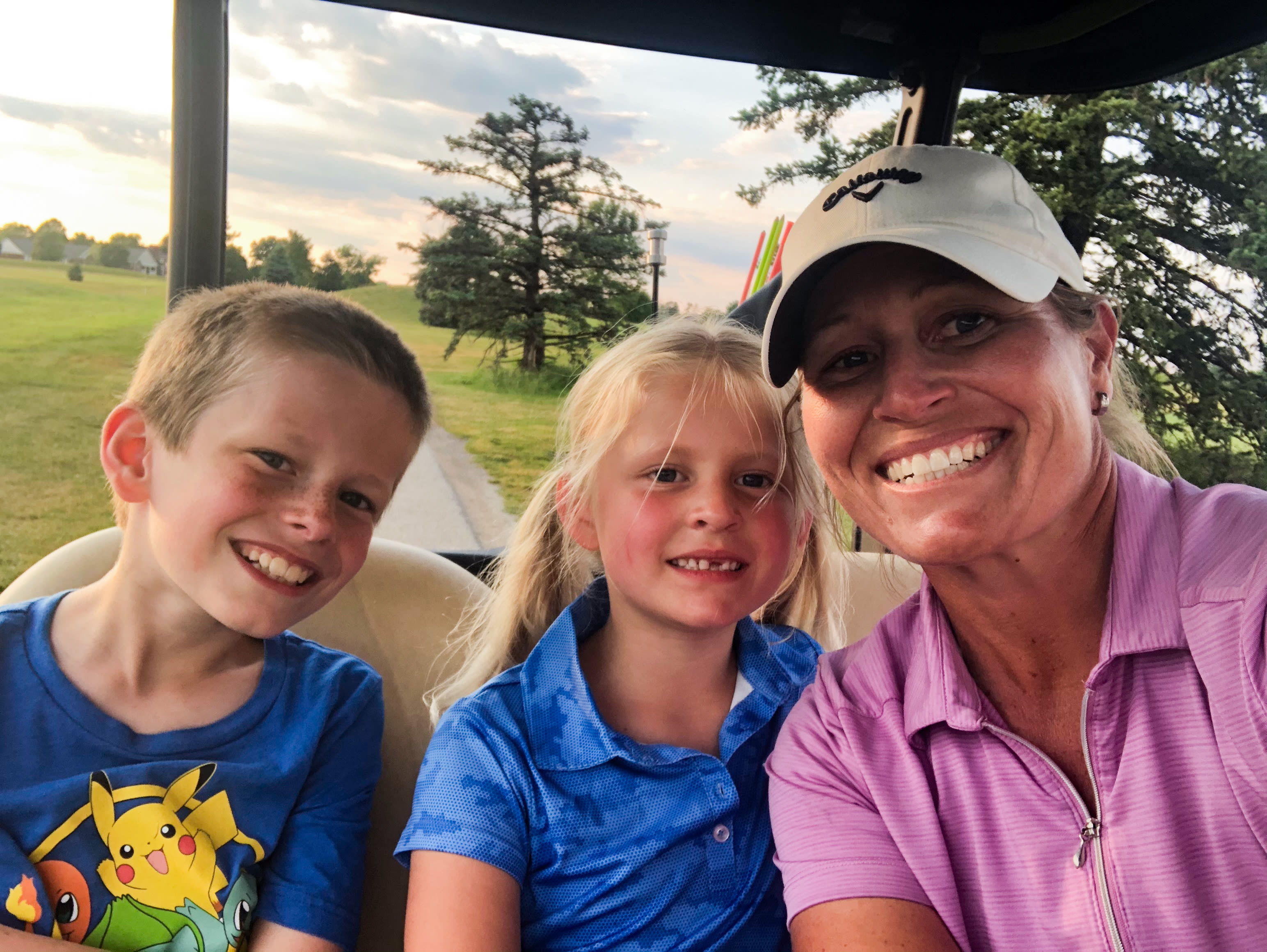Game Changers
From Chemistry to Coaching: How Crystal Morse, PGA, Became a Leader in Player Development
Published on

Crystal Morse was poised and positioned for a career in environmental science back in 2003. She was completing her degree at Western Kentucky University and had just finished an internship at Eli Lilly as a chemistry lab assistant.
“My dad worked at Eli Lilly, I was earning my degree in Environmental Science, and I had a path paved in that field,” reflects Morse. But in the back of her mind, golf beckoned. When not in a lab coat mixing chemicals, Crystal was a standout on the Western Kentucky women’s golf team. So what would her career decision be – environmental science or golf?
“I couldn’t imagine not having golf in my life,” admits Morse, the 2024 PGA of America Player Development Award recipient. “I decided I wanted to get into the golf business, so I called (former PGA of America President) Ted Bishop at The Legends Golf Club to get some guidance. I had known the Bishop family for years while growing up in Greenwood, Indiana.”
Bishop and Ryan Ford, the PGA of America Head Professional at The Legends, not only offered Morse her first job in the golf business, but strongly encouraged her to pursue PGA Membership.
Now, fast forward 20 years, and Morse has become a player development superstar while serving as the PGA of America Head Professional at The Legends Golf Club in Franklin, Indiana. Morse conducts highly successful PGA Jr. League, PGA HOPE, Get Golf Ready and other programs for golfers of all skill levels. She has never regretted her decision to forego an environmental science career.
Since many assistants’ jobs in Indiana are seasonal, Morse took a job in the winter after graduating from college at The Lakes Country Club in Palm Desert, California, where she worked for nine seasons under PGA Director of Golf Mike Clifford. “Funny story, being naive at the time, I thought Palm Desert was in Florida,” chuckles Morse. “Anyway, I took a leap of faith and fell in love with the business, the people, and the lifestyle.”

Morse, now 43 and the mother of two young golfers, Carson and Cali, moved back to Greenwood with husband Jim, who is the PGA of America Director of Instruction at The Legends Golf Club, in 2015. Now wearing many hats, Crystal Morse continues to oversee the likes of PGA Jr. League, PGA HOPE, Get Golf Ready and other programs, while also serving as co-Head Coach with Bishop of the Franklin High School boys and girls golf teams. She is also co-owner of the Morse Golf Academy with her husband, and has served on the Indiana PGA Section Board of Directors.
Morse is understandably very proud of PGA Jr. League at The Legends, growing the program from 12 participants in 2017 to more than 200 today. She offers spring, summer and fall seasons.
“What do I love about PGA Jr. League?” asks Morse, recipient of the Indiana Section Youth Player Development Award in 2019 and 2020. “First, I have seen how effective it is with my own kids (her son Carson made his first hole-in-one in PGA Jr. League). It offers kids a chance to play an individual sport, but not feel isolated or alone. The challenge is exhilarating and rewarding at the same time.”

The industrious Morse completed training in the spring of 2022 to become a PGA HOPE instructor and hosted the first program at The Legends that summer. Veterans from throughout central Indiana came to The Legends Golf Club’s practice range for a five-week program.
“I was the most nervous about starting a PGA HOPE program because I wasn’t sure how relatable I was going to be to Veterans,” admits Morse. “But it has turned out to be one of the most rewarding adult player development programs in which I’ve been involved.”
What is Morse’s secret for building successful player development programs? “It can be summed up as creativity, engagement and enthusiasm,” she says. “You have to transform the energy of the program into what you want it to be!”
Morse’s Advice for Player Development
- Do not be afraid to fail. If you offer a program and nobody shows up, don’t stop offering programs, just go back to the drawing board.
- Get involved with the community – getting involved with the local high schools through coaching has been a game changer for me in many ways.
- Don’t overthink what it takes to run a good program. You are what makes the program – your energy, passion and ability to relate to students.
